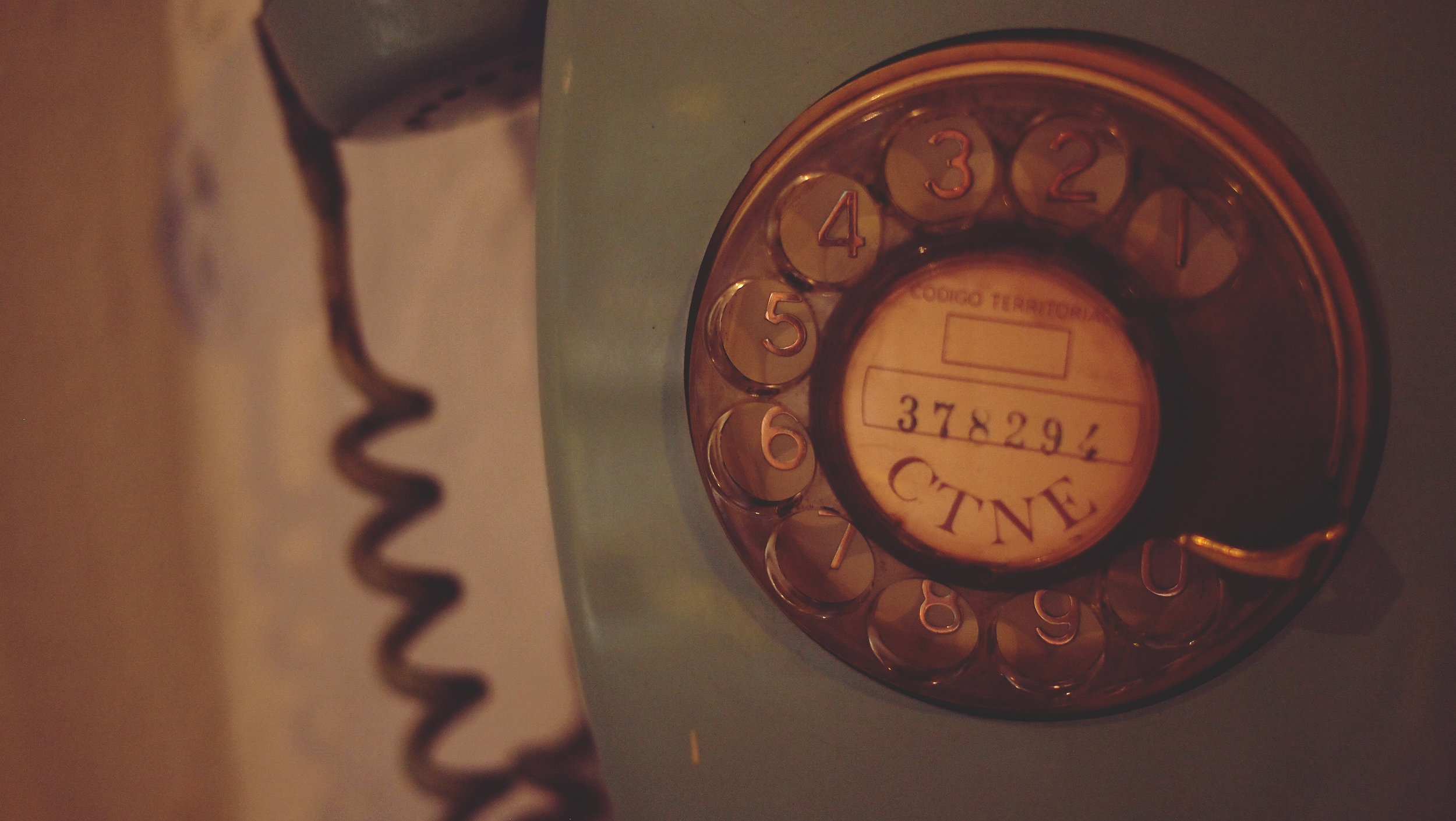5 Tips for Nailing Your Next Phone Interview with a Reporter

Landing an interview with a top reporter or media outlet is a good win for any business. Interviews, which can lead to articles, are effective tools for conveying your brand’s messages and important news to key audiences. Just like you would for any meeting, it’s essential to be prepared.
We’ve previously provided tips on how to succeed at your next interview; however, often media interviews can take place on the phone, making it harder to manage as you can’t see the body language and expressions of the person you’re speaking with.
To help you prepare for the next phone interview, we’ve put together a number of tips to keep top of mind.
Be Engaged
Take the call in a quiet place to ensure that you can give the interview your full attention and deliver clear responses. If you’re distracted, for example by grocery shopping or trying to get through TSA, you won’t be as engaged and comfortable. An environment without the extra distractions pulling your attention will give you a better chance of hearing the reporter’s questions properly and then providing insightful responses.
Smile! Smile! Smile!
You can’t see a smile over the phone, but you can hear it. Research shows that your facial expressions are discernable across a phone – not just on videoconferences. There are a variety of things that can affect your mood before the call, but there is an easy solution to keep things upbeat: smile. Not only does smiling spur a chemical reaction in the brain that can make you feel happier, it forces your tone to change and brings more pleasantness to your voice.
Do Your Homework
Today, it’s easier than ever to find and read a reporter’s articles. Reading their work will help you better understand who they are, what they write about, and any topics to be wary of. Additionally, it gives you a nice way to break the ice by mentioning you enjoyed a recent article of theirs. If the reporter typically writes about new products, direct the conversation around something of relevance to them. If their articles include critical commentary of the industry and business leaders, be prepared for a line of questions geared toward that topic. Researching the reporter will help you be prepared when the interview comes.
Less Is More
Everyone likes to read a good story. A good story is told best without jargon and corporate speak – they’re just not quotable. If that’s your language, you’ll be left out of the story. Quotes and phrases that sound like they’re from a real person are more likely to end up in the final article. Likewise, when asked a question, try to keep your answer brief. It makes for a more effective interview, let’s the reporter have an easier time following, and helps the interview be more conversational.
Be a Source and a Resource
While it’s important to provide good context and quotes, you also want to be helpful to any reporter you speak with. Taking the time to walk them through a topic that’s a new part of their beat, asking questions yourself, and forwarding any materials or research discussed all leave a lasting impression.
Reporters will often find ways to reference and quote sources and reasons to reach out repeatedly to sources who are continuously helpful.
Building and fostering relationships with reporters and media outlets can be as vital to your business or brand as relationships with employees and customers. Phone interviews with media members should never be brushed off as “just another call” – they require work and preparation to ensure they help you reach your key audiences in an effective matter.
Need help preparing for your next interview? Call us, and make sure to smile.
